A well-functioning democracy depends on healthy and trusted public and private institutions; an economy that provides broad-based opportunity and prosperity; tolerance and respect for one another and our differences; and a vibrant civic life. But democracy is undergoing a period of stress that some might even call decline. The challenges of our time raise questions about the role of philanthropy and whether the sector has acted aggressively and effectively to stem the decline of confidence in government, institutions, and one another. To explore where philanthropy might make more of a difference, the Kettering Foundation and the Knight Foundation invited leading thinkers on the future of our democracy to write about the challenges and opportunities for American democracy and what role philanthropy can play in addressing those challenges. You can find the 18 essays here:

A Better, Stronger America: Together

Philanthropy’s Role in Strengthening American Democracy: A Diverse Agenda

Gathering: A Prerequisite for Democracy
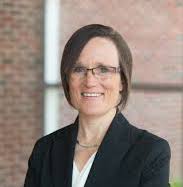
The Conversations of a Self-Governing People
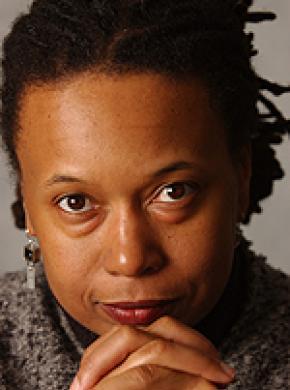
Death and Democracy

The End of Philanthropy
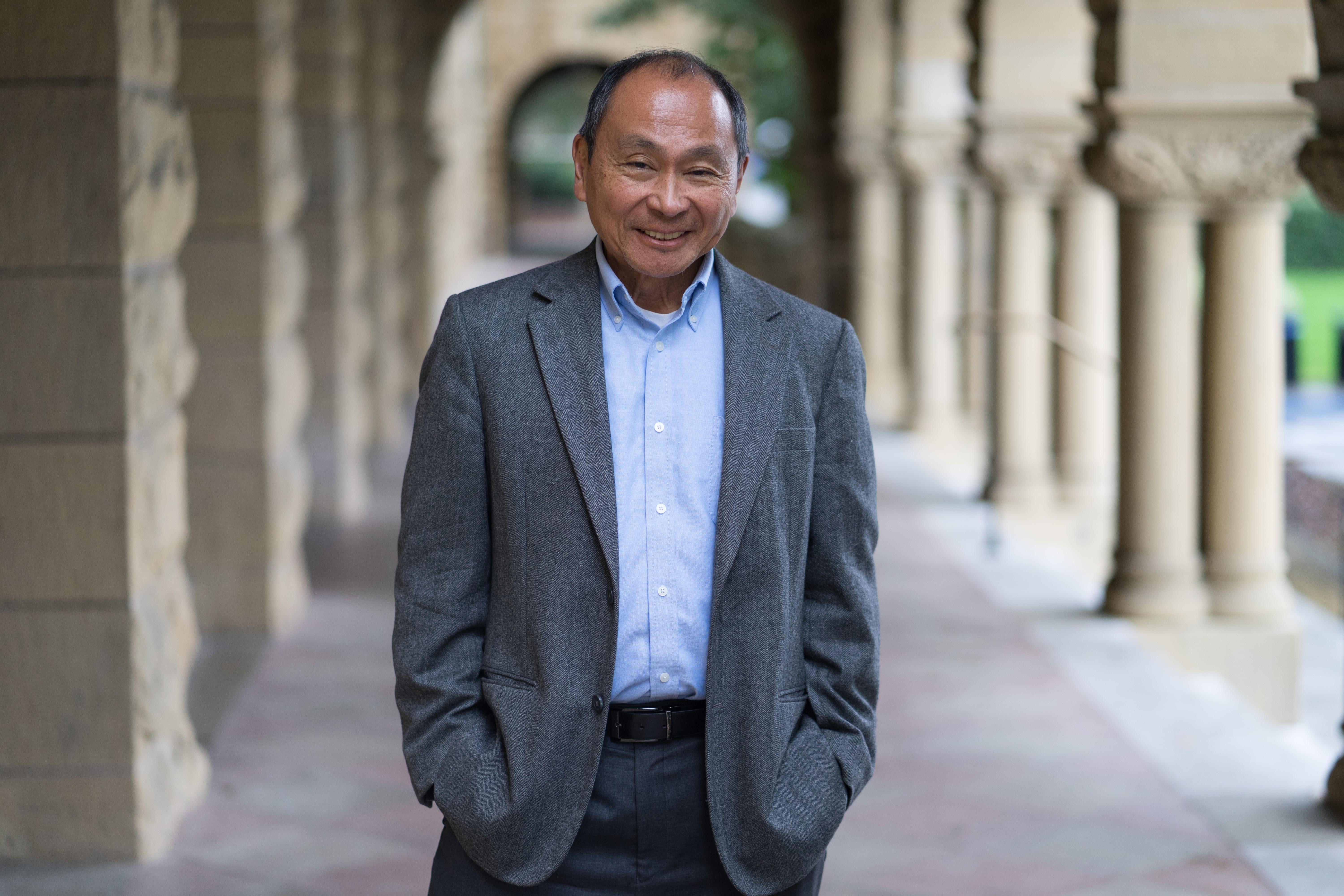
Comprehensive Public Sector Reform

Philanthropy’s Techno-Solutionism Problem
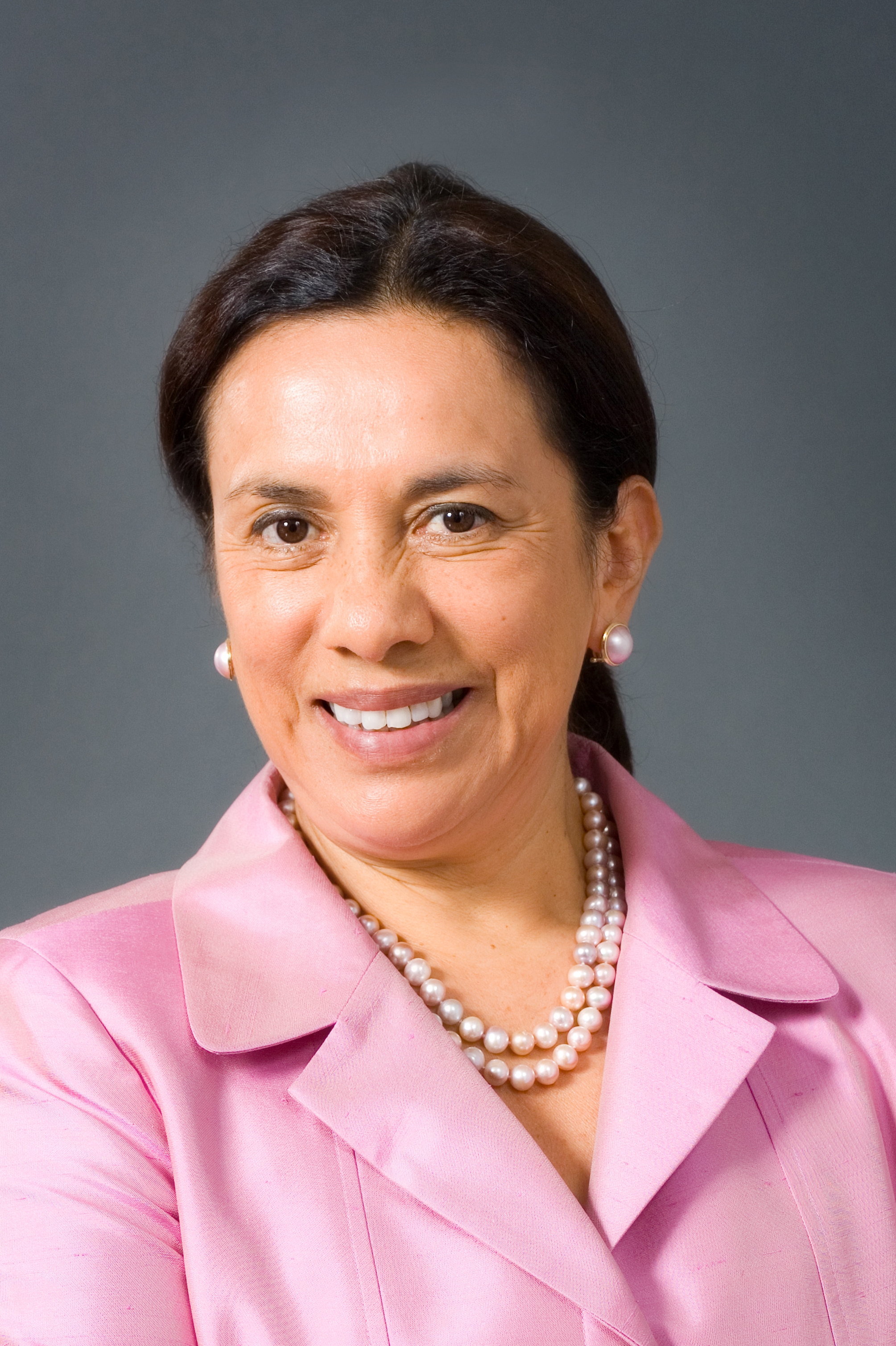
Our Common Purpose: Reinventing American Democracy for the Twenty-First Century

To Save Democracy, First Save Society
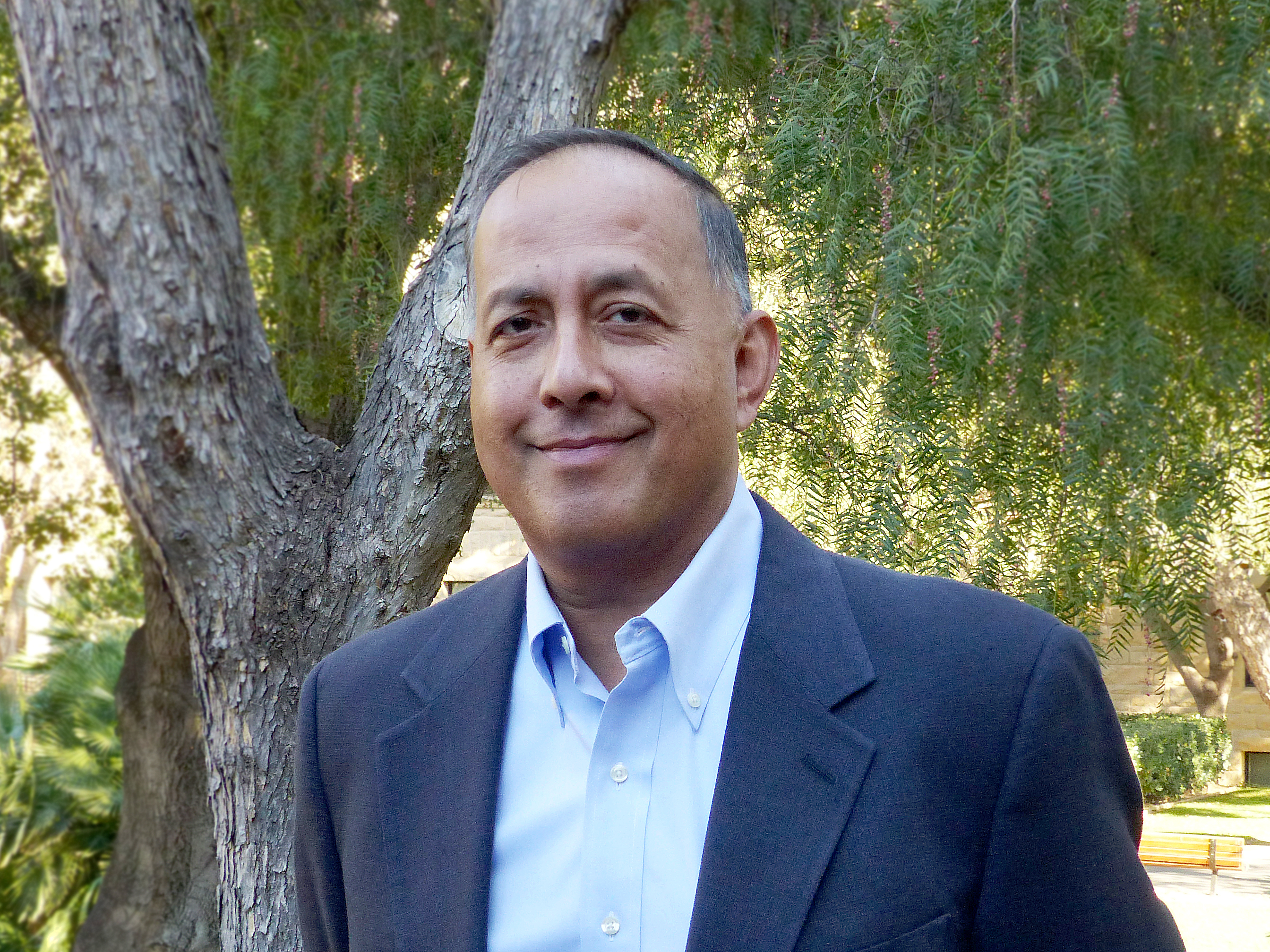
Fear and Loathing in American Politics
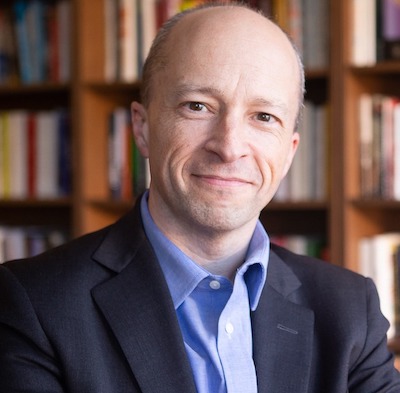
Fortifying Our Democracy in an Alienated Age

Building Civic Bridges through a Lens of Racial Justice
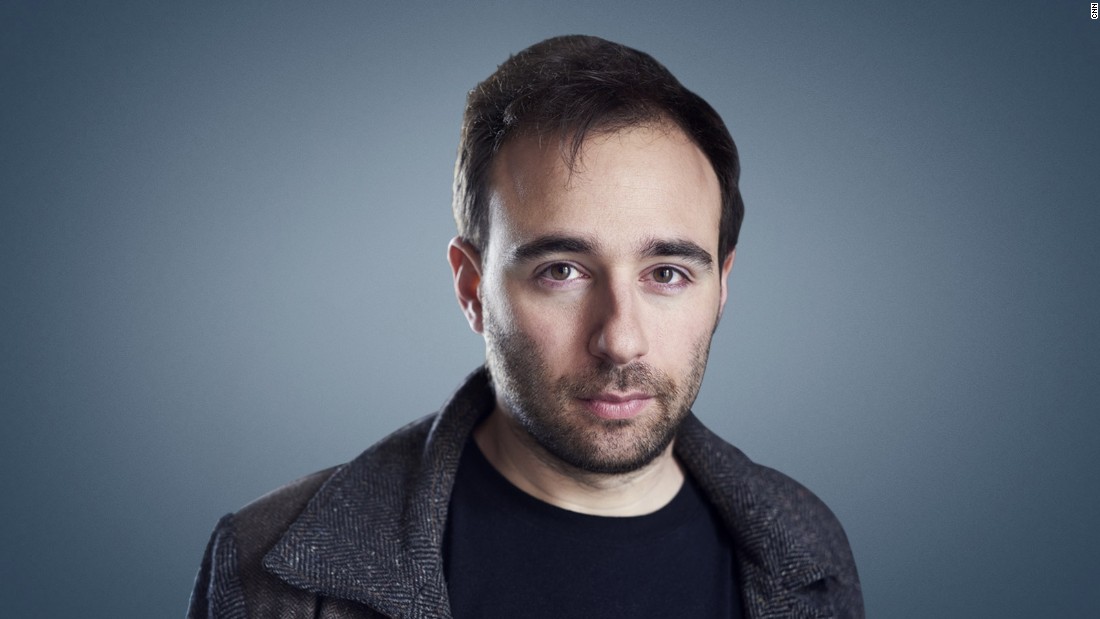
What Philanthropies Should—and Shouldn’t—Do to Save Democracy
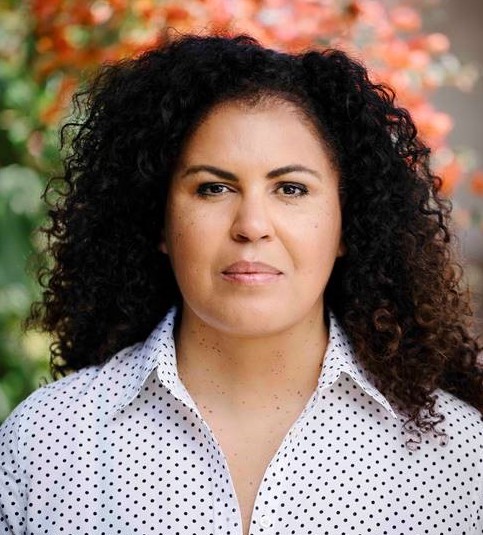
What Big Philanthropy Can Learn from Big Tech

An Agenda for Economic Democracy
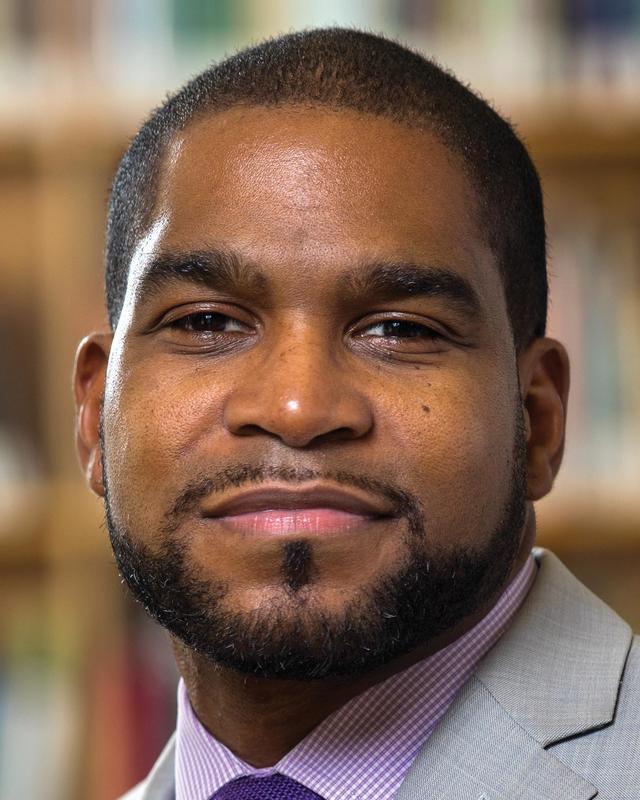
The Enduring Insight of John Dewey

“Defactionalizing” Science
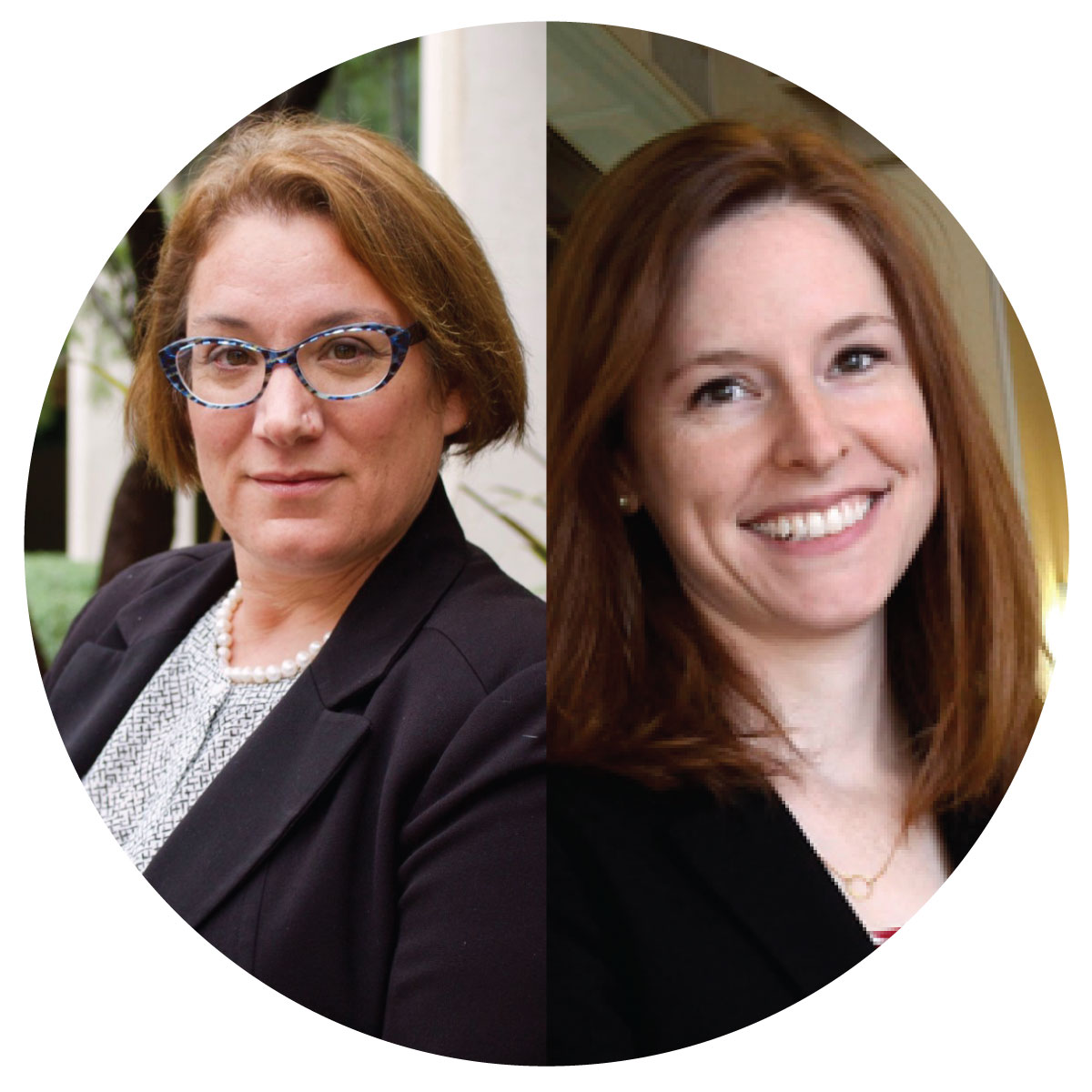
Building Connective Democracy to Combat Polarization

Conformity Culture
This series was edited by Derek Barker and Melinda Gilmore of Kettering Foundation and Sam Gill of Knight Foundation. The authors’ views expressed in these essays are their own.
